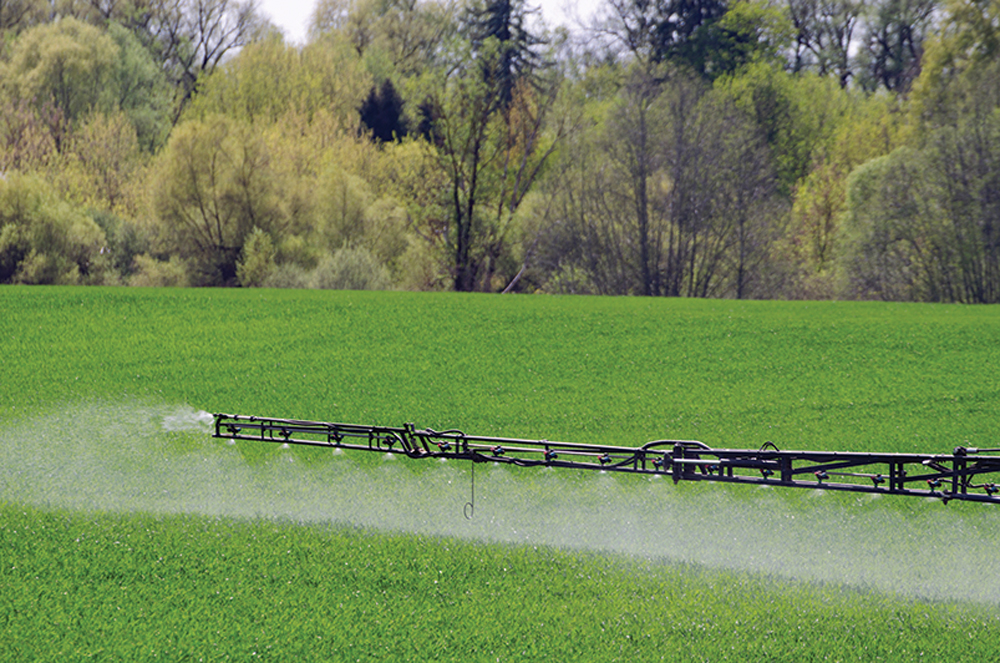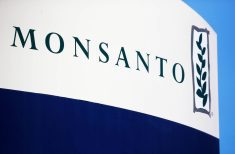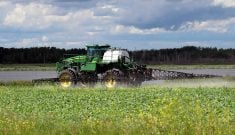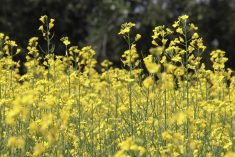Reuters – The European Union has authorized the use of glyphosate for 10 more years, but there will be new conditions, the EU Commission announced Nov. 16.
The current period of authorization was set to expire in mid-December.
New restrictions will include measures to protect animals and plants that are not the actual target of glyphosate use. The use of glyphosate as a pre-harvest desiccant will also be banned.
Read Also
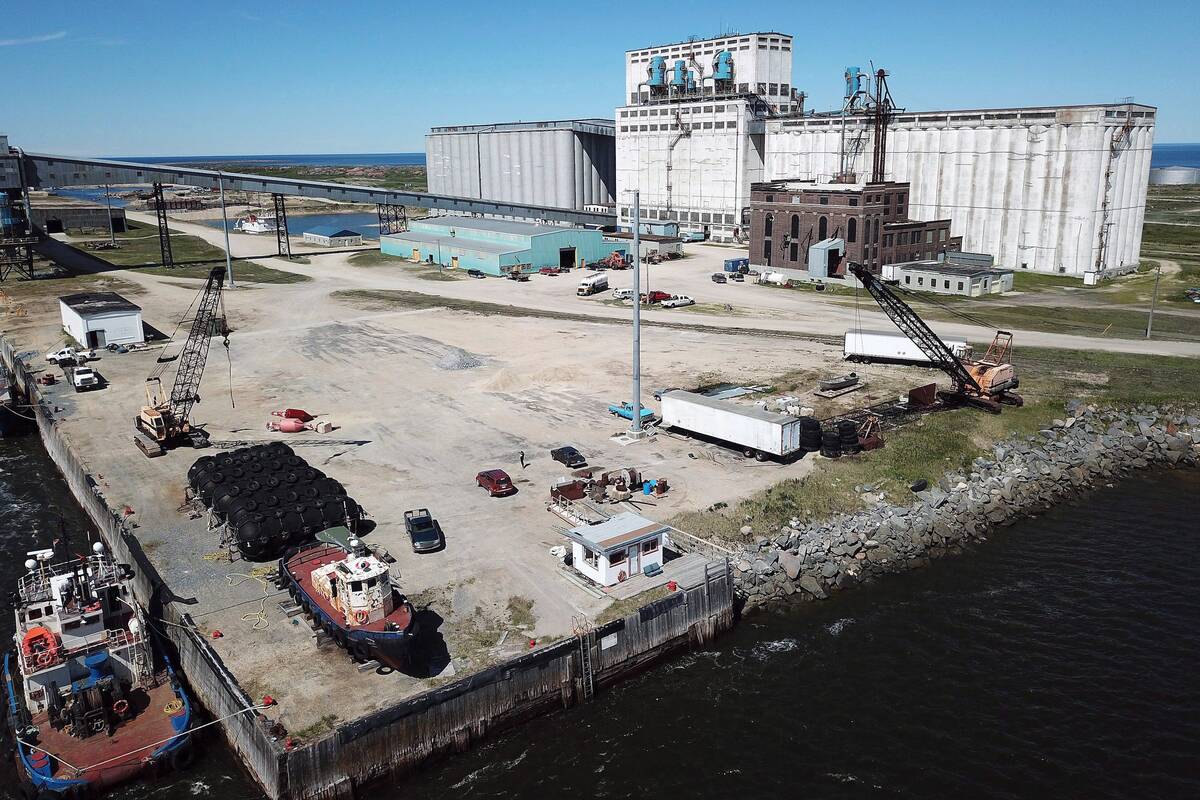
Air, land and sea join forces as Manitoba launches Arctic trade corridor plans
Manitoba wants to take its Arctic trade routes to the big leagues. The Port of Churchill, CentrePort Canada and Winnipeg airport have all raised their hands to help it happen.
EU member states will be told to pay particular attention to the protection of animals such as voles or wildflowers in risk analyses.
The commission noted that member states could continue to restrict glyphosate at national and regional levels.
The commission stepped in to make a decision on glyphosate after member states failed to come to a conclusion on its use in an appeals committee.
Glyphosate, developed in the 1970s by U.S. chemical giant Monsanto, has been the focus of multi-billion-dollar lawsuits in the U.S. from plaintiffs who said they developed non-Hodgkin’s lymphoma and other cancers from exposure to the chemical.
Bayer, which bought Monsanto in 2018, settled most of those lawsuits in 2020 for nearly $11 billion.
Bayer welcomed the EU decision.
“This renewed authorization enables us to continue to provide farmers throughout the European Union with an important technology for integrated weed control,” the company said.
Environmental organizations were more critical of the extended authorization.
Christine Vogt from the Munich Environmental Institute said the EU Commission lacked the political mandate to continue authorizing the pesticide.
The environmental protection organization World Wildlife Fund said the decisive factor would be how the announced restrictions turned out and what leeway they left member states.
An extensive investigation by the European Food Safety Authority (EFSA) recently found no unacceptable risks around the use of glyphosate, but also pointed to several data gaps. Nutritional risks for consumers and the assessment of risks for aquatic plants are among the areas that need more study, according to EFSA. Available information also did not allow any clear conclusions to be drawn with regard to species protection, the agency said.



